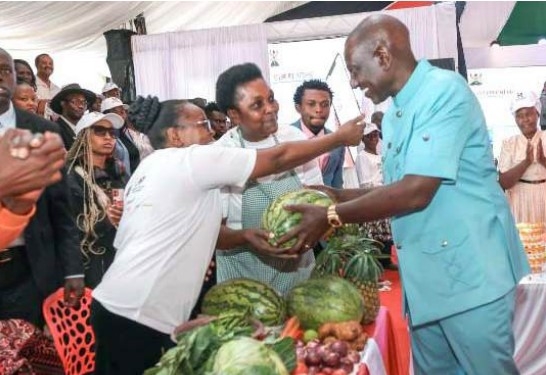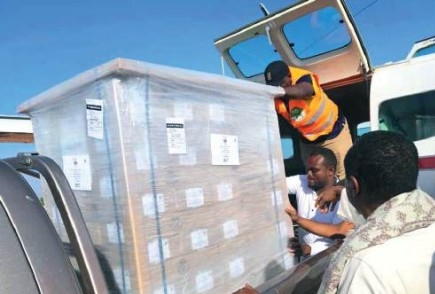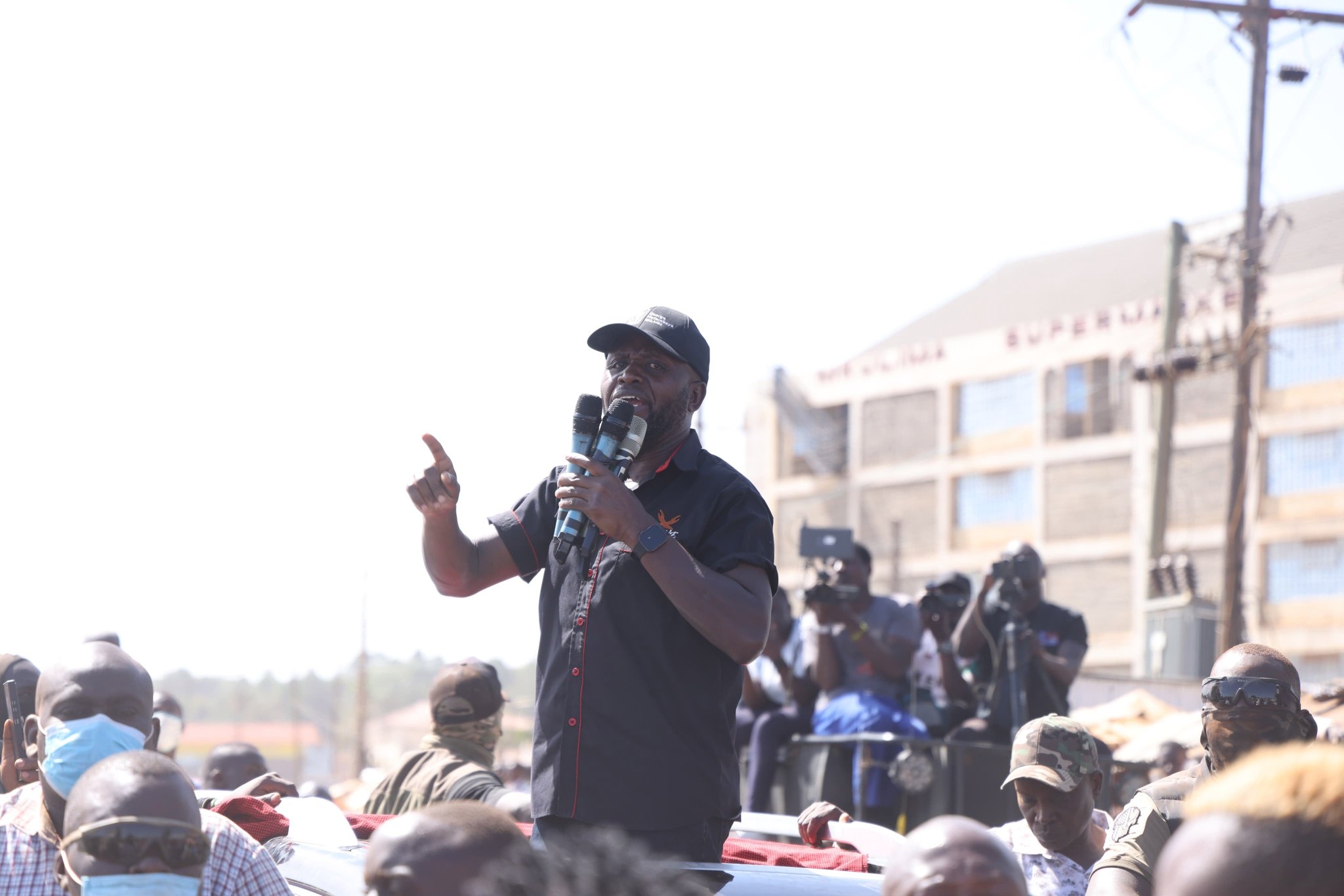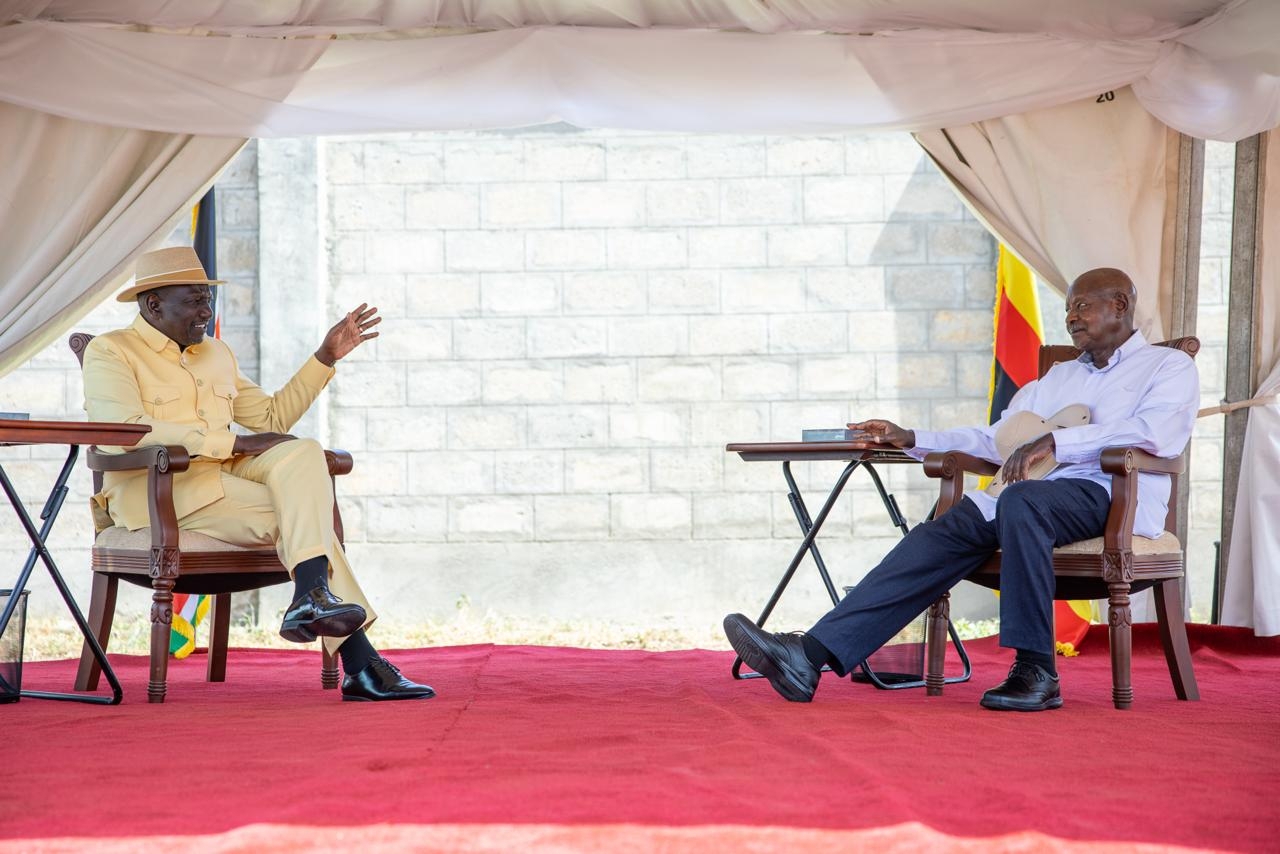Implementation of the Motor Vehicle Tax proposed in the Finance Bill 2024 will potentially force many transport businesses to reduce their fleet with some shutting down, transporters have warned.
The Kenya Transporters Association (KTA) has ““strongly opposed” the proposed 2.5 per cent circulation tax on vehicle value, payable when obtaining insurance coverage (capped at Sh100,000 and a minimum of Sh5,000), saying it would be detrimental to the transport sector.
KTA has since urged the National Assembly to reject the tax.
According to the transport sector lobby group, whose members handle cargoes in the entire East African Community region, implementation of the tax would significantly increase operational costs.
This will deal a blow to transporters who already face a substantial tax burden on vehicles during purchase, including import duty, excise duty, VAT, and levies for import declaration and railway development, KTA chairman Newton Wang'oo said.
They also pay numerous taxes in the fuel prices at the pump where the government takes up to nine different taxes and levies on the products, which include excise duty, Road Maintenance Levy, Petroleum Development Levy and Petroleum Regulatory Levy.
They are also paying Railway Development Levy, Merchant Shipping Levy, Import Declaration Fee and Value Added Tax, all these charged on fuel products.
“Additionally, transporters pay 30 per cent corporate tax on profits generated from these vehicles. Adding another tax to an already heavily burdened asset is unsustainable,” Wang'oo said.
Speaking during an interview with the Star, Wang’oo said Kenya needs to ensure a conducive business environment, lest it losses to neighbouring Tanzania, which has been seizing the transit market from Kenya through the Central Corridor served by the the Port of Dar es Salaam.
Kenya serves the region through the Northern Corridor which has an entry and exit at the Port of Mombasa.
“The tax increase would significantly raise the cost of doing business for Kenyan transporter. This burden would be particularly damaging for heavy commercial vehicles, critical for regional trade within the East African Community,” said Wang’oo.
|Higher transportation costs would make Kenyan exports less competitive in the regional market, potentially causing trade routes to shift to neighboning countries with lower operating costs. The economic strain could force companies to reduce their fleets or lay off employees, negatively impacting livelihoods and increasing unemployment.”
The tax also discourages investment in the transport sector, hindering growth and modernisation of Kenya's transport infrastructure.
Meanwhile, the tax will also reduced insurance coverage and increase risk, KTA has said.
To avoid the proposed tax, transporters may be forced to choose less comprehensive insurance, like third party only coverage.
This exposes their businesses to high risks, as the financial burden of replacing damaged vehicles or covering out-of-pocket expenses would be too much for many in the industry.
This situation could also lead to increased uninsured vehicles where transporters may skip insurance altogether, leaving themselves financially vulnerable in case of accidents with a potential rise in fake insurance (fraudulent insurance policies), on increased demand for cheaper coverage.
“As transporters opt for cheaper coverage,insurance companies would experience a significant decrease in revenue, potentially reducing tax contributions to the government,” he noted.
The requirement to remit taxes within five days of issuing coverage could also create cash flow problems for insurance companies, as they may not have yet collected the full premium amount.
The proposed prescribed penalties for non-compliance are also ”very punitive”, transporters have said, with many insurance companies already hesitant to insure motor vehicles due to past losses.
The proposed motor vehicle tax is also based on ownership and not income or transfer of property, which transporters say will discourage investment in fleets.
“The tax unfairly penaliSes those who own commercial vehicles, even if they are not currently generating income. This could force some businesses to hold onto less efficient vehicles or exit the market entirely,” said Wang'oo.
National Treasury targets to collect at least Sh58 billion from the motor vehicle tax in the financial year starting July 1, 2024, which has widely been protested, including concerns that it will overburden private car owners who are not generating any income from their vehicles.
Last week, the American Chamber of Commerce called on MPs to alternatively consider cutting the tax to one per cent of the vehicle’s value, and exempt commercial and agricultural vehicles from the tax.
If passed as it is, it will mean an increase in freight costs charged by transporters, translating to costlier goods and increase in the cost of living as additional costs are traditionally passed to consumers.












![[PHOTOS] Three dead, 15 injured in Mombasa Rd crash](/_next/image?url=https%3A%2F%2Fcdn.radioafrica.digital%2Fimage%2F2025%2F11%2Fa5ff4cf9-c4a2-4fd2-b64c-6cabbbf63010.jpeg&w=3840&q=100)




